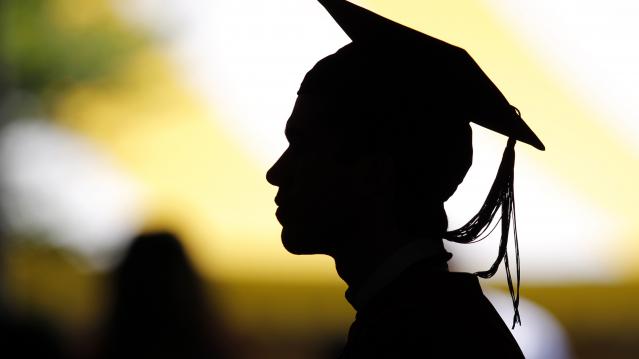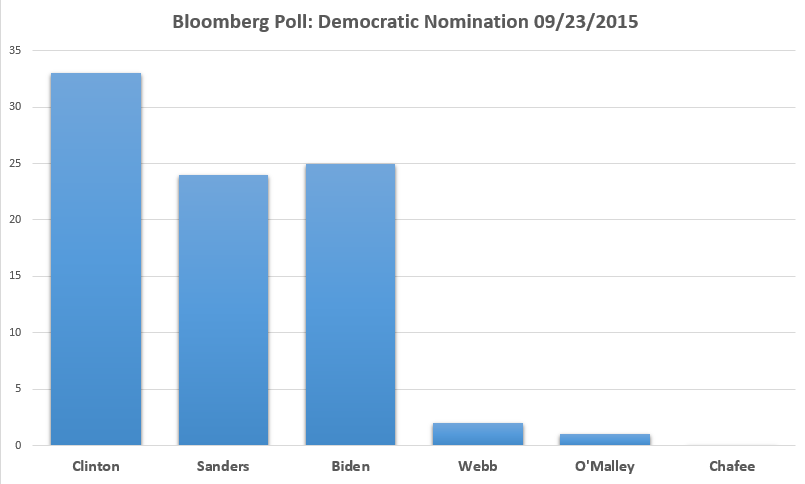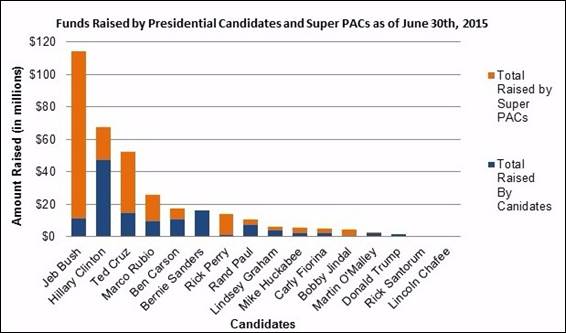SAT Scores Drop to Lowest Levels in a Decade

Student scores on the SAT have slipped to the lowest level in 10 years, according to new statistics from the College Board, again raising questions about education-reform efforts meant to improve student performance in high schools.
Just under 1.7 million students took the test this year, more than ever before. Only 41.9 percent of them reached the “SAT Benchmark” score of 1550, which indicates whether an individual is prepared for college or a career. Based on the SAT’s measure, more than 1 million students are not ready for college or for work.
Related: 10 Public Universities with the Worst Graduation Rates
The average score for high-schoolers in the class of 2015 was 1490 out of a possible 2400, down 7 points from last year. The three sections of the test — reading, writing, and math — all saw declines of at least two points.
As has been the pattern for years, certain demographic groups performed better than others. Whites and Asians, on average, received higher scores than blacks and Latinos. Students from higher-earning families received higher scores than those from families with lower income. But scores among all demographic groups except for Asians went down.
Related: The Lucrative Business of SAT Test Prep is About to Get Disrupted
The low scores are an indication that improved testing scores for elementary school students aren’t translating to gains by high-schoolers. The stark contrast in scores among racial and ethnic groups may also be a sign of systemic problems that remain a barrier to educational success. Since 2006, the scores among white students have fallen six points, pulling the average down to 1,576. The average scores for black students have dropped 14 points to 1,277.
The College Board plans to introduce a new SAT exam next year. Changes will include more of a focus on math, fewer questions on vocabulary words and an elimination of the penalty for guessing. The idea, the College Board has said, is to make the test more about what students learn in high school and the skills that college will require.
Top Reads From The Fiscal Times
- Average Family Has Saved Enough to Send One Kid to College for Half a Year
- The 5 Best and Worst Jobs for New Grads
- This College Choice Could Make You $3 Million Richer
Will Trump's Tax Cuts Really Happen? Economists Are Surprisingly Optimistic
Despite all the thorny questions swirling around President Trump's nascent tax reform plan, 29 of 38 economists surveyed by Bloomberg in a monthly poll said they expect Congress to cut taxes by November of next year.
The hitch: The economists don’t expect the cuts will help the economy much. The median projection of a larger group of 71 economists is for 2018 growth of 2.3 percent, up only slightly from 2.1 percent this year — and by 2019, the economists see growth slipping back to 2 percent.




